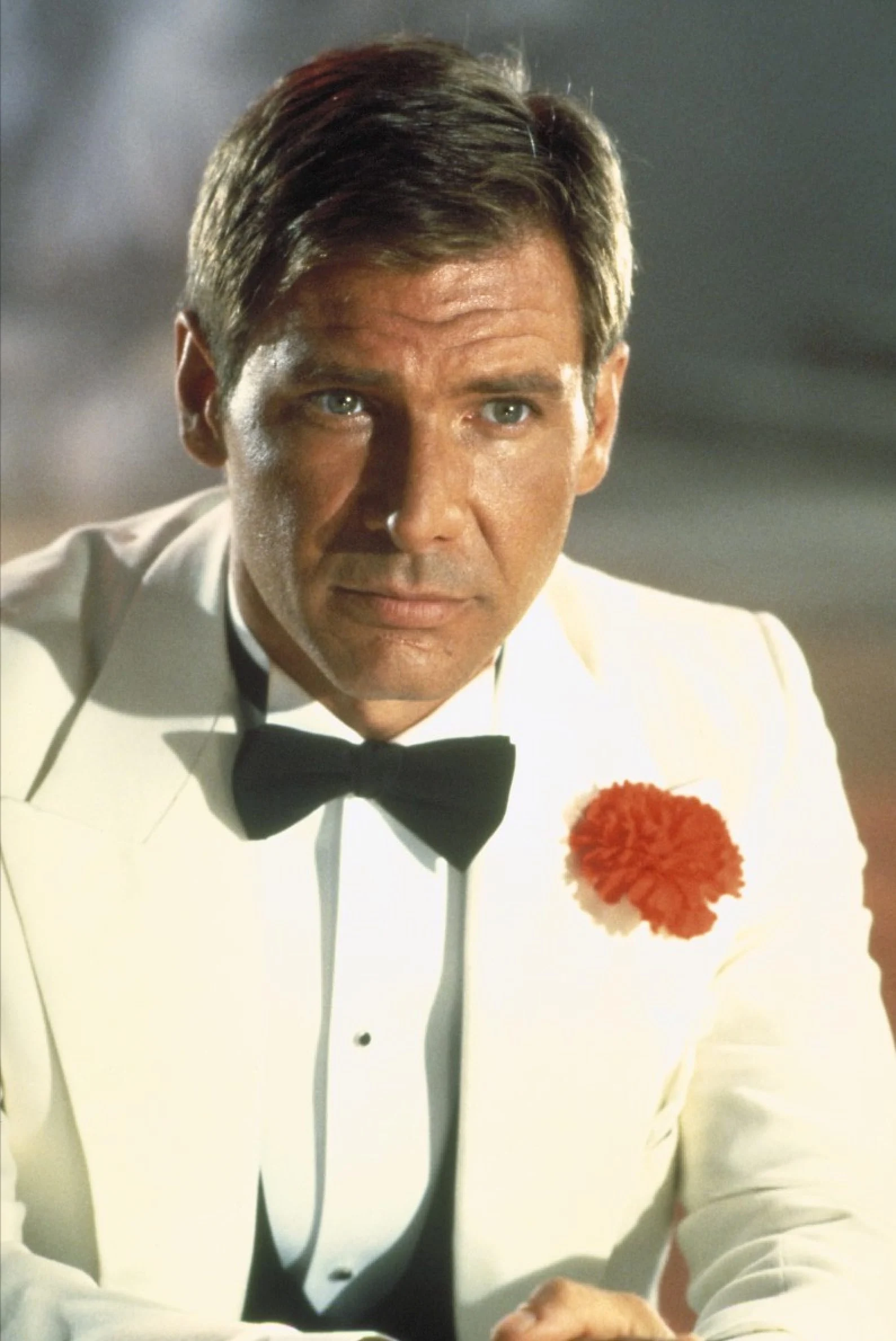Macau, a city where the past and present intertwine, stands as a testament to a rich cinematic history and evolving cultural landscape. Amidst the mix of exhaust fumes, incense, ripening fruit, and the decay of old buildings, the essence of Macau comes to life, offering a unique backdrop for storytelling.
The narrative of Macau’s cinematic allure is captured in the journey to find the elusive “Indiana Jones” bar, inspired by the iconic 1984 film, “Indiana Jones and the Temple of Doom.” The film, shot in parts of Macau, used the Hotel S (originally Hotel Sun Sun) as a stand-in for Shanghai. This area, characterized by the 15-story hotel adorned with modern street art, including a mural of indigo koi fish, remains a symbol of the city’s film legacy.
The bar, named Club Obi Wan in the film as a nod to George Lucas’s “Star Wars” franchise, mirrors the adventurous spirit of the movies. Today, the hotel, once a site of thrilling film action, has evolved. The ground floor bar that once celebrated “Temple of Doom” has transformed into a minimalist café, and the upstairs restaurant, Epic Food Union, showcases a contemporary aesthetic with craft cocktails, attracting a younger, more artistically inclined crowd.
Macau’s cinematic past extends beyond Hollywood blockbusters. The city’s old quarters, once the setting for opium dens, gambling halls, and bordellos, are now inspiring young Macanese artists and filmmakers. These creatives draw inspiration from their surroundings, telling stories about their lives and relationships with their families.
Rita Wong Yeuk-ying, operational director at Cinematheque Passion, an indie film house, highlights the influence of these historic locations on local filmmakers. Macau’s film industry, evolving from its pre-handover era, is now embracing independent and anime productions, with young directors like Hong Heng-fai making waves in the international film scene.
The cultural shift in Macau’s film landscape is also evident in the transformation of Hotel S. The once-film-themed establishment now caters to a newer generation, with subtle nods to its cinematic past. The hotel’s co-owner, Yany Kwan, has adapted the space to reflect modern tastes in art, music, and movies, while preserving its historical significance.
Macau’s streets, where once Hollywood and Portuguese films dominated, are now canvases for international and local street artists. Festivals like the Outloud International Street Art Festival, co-organized by cultural promoter Chan Ting Ting, showcase graffiti, hip hop culture, and street dance, marking a new era of artistic expression.
Tracy Choi Ian-sin, a Macanese feminist filmmaker, notes that while Macau has often been portrayed as an exotic backdrop in films, the current generation of filmmakers is seeking to represent the true essence of Macau. Her documentary and fictional works are examples of this new narrative.
The city’s cinematic journey is also celebrated in places like Cathedral Cafe, run by Australian Stephen Anderson. This cafe serves as a living museum, adorned with old Macau film posters, highlighting the city’s early cinema era.
Macau’s transformation from a backdrop for foreign films to a cradle for local artistic and cinematic expression illustrates a dynamic cultural evolution. The city’s streets, buildings, and even its bars tell stories of a past that continues to inspire a new generation. As these artists and filmmakers look for their own Macau in their works, they contribute to a legacy that blends tradition with innovation, much like the city itself.
READ MORE:
